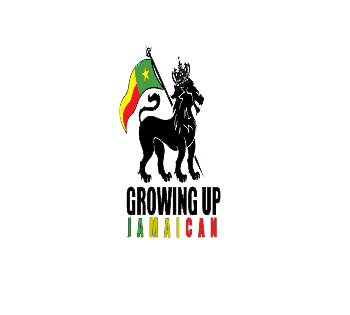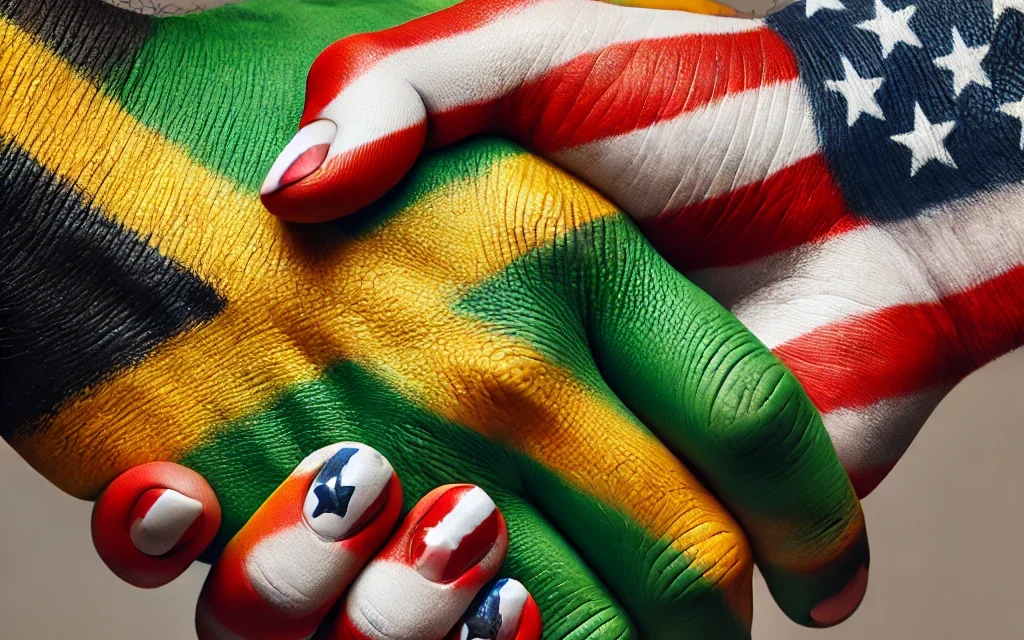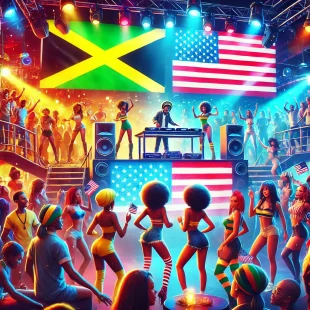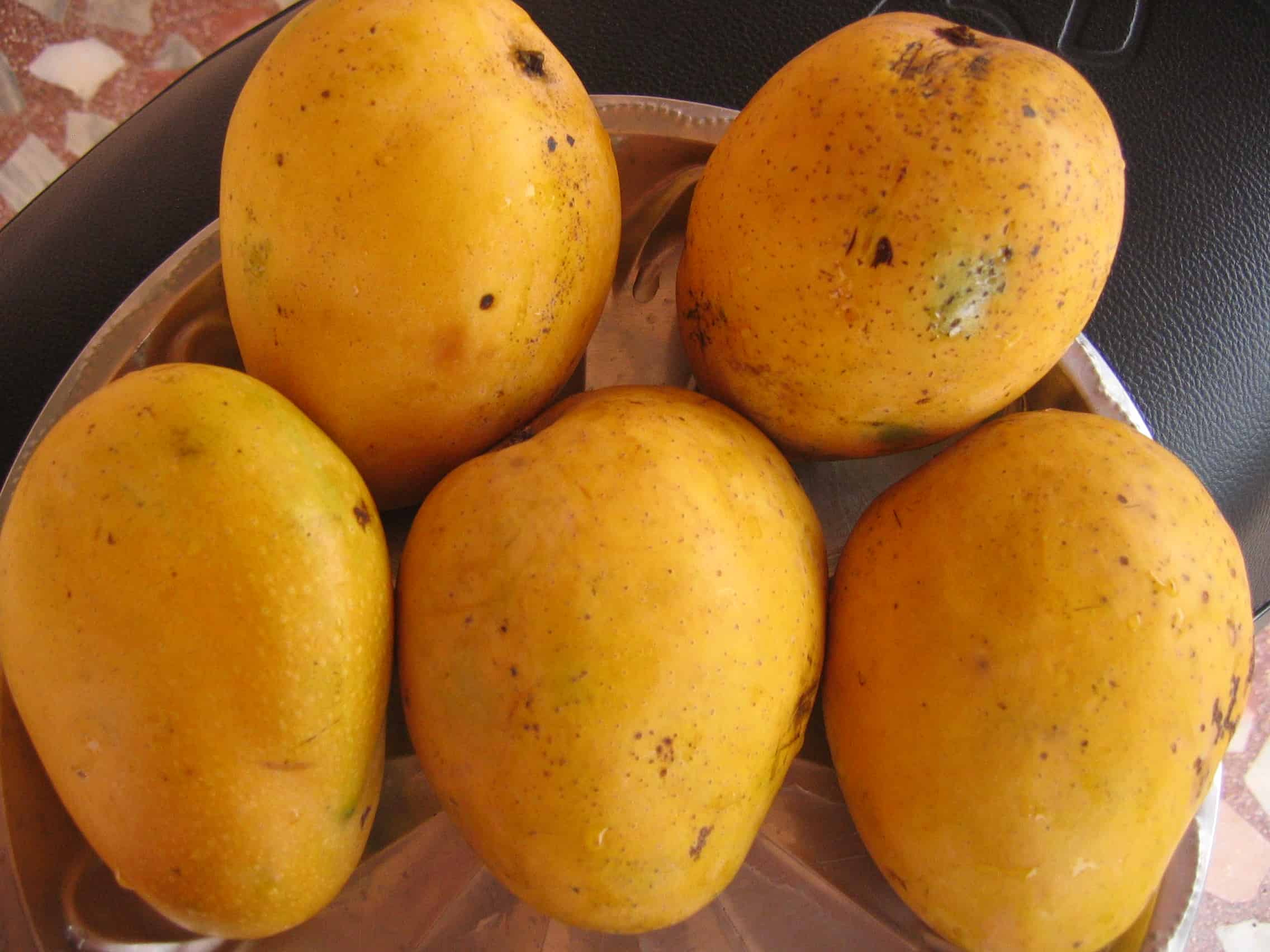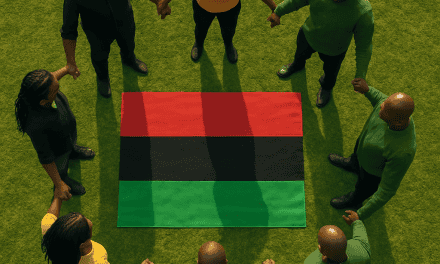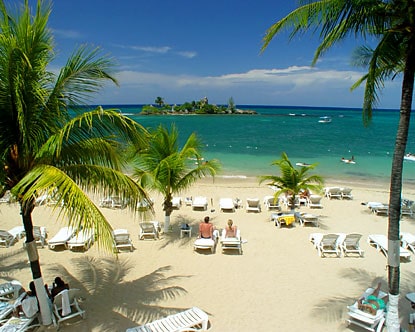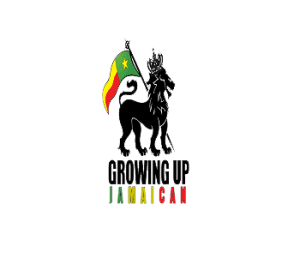The Jamaican-American Relationship: Two countries created and molded in the same way
You may not know but the Jamaican-American relationship is a special one that goes back decades, and it is built on deep historical ties, trading, tourism, shared cultural influences, and a large diaspora. The Jamaican-American relationship is something that will continue to grow because of our shared history and geographic location.
It is a relationship that is deep enough that it warrants us looking into it. Let’s look at the historical connections, economic partnerships, and cultural influences, and see how the Jamaican-American relationship will continue to shape the future of our countries.
History between Jamaica and the US
Jamaica and the United States share a history dating back centuries. During colonial times, Jamaica was a huge part of the slave trade, and Americans usually went to the island to do business. The Pirates of the Caribbean series is loosely based on that relationship. The US bought a lot of sugar and rum, which enhanced economic ties between the two regions.
You may have noticed the massive population of Jamaicans in cities like New York, Miami, and Boston. These Jamaicans mainly moved for better economic opportunities and education access. They eventually established communities that now serve as cultural hubs for people from other Caribbean countries. The 1940s and 1950s saw many Jamaican workers in American agriculture, especially in Florida, contributing to the U.S. economy in a big way.
The deep Jamaican-American relationship: economic ties
The economic relationship between Jamaica and the U.S. is now bigger than ever. The United States is Jamaica’s largest trading partner, accounting for a massive percentage of the island’s imports and exports. Key exports from Jamaica to the U.S. include bauxite (to make aluminum), coffee, rum, and agricultural products, while imports are usually machinery, food products, and consumer goods.
American investments also cover several industries, like tourism, manufacturing, and energy. American companies have played a big role in building Jamaica’s tourism sector, which is the main economic driver of the economy. Remittances from Jamaican Americans are also a massive part of the Jamaican economy, with billions sent back home every year, helping to support families and businesses.
Cultural ties between Jamaica and America
Jamaican culture has had a sizeable impact on the United States, influencing things from music and sports to cuisine and fashion. The biggest cultural export is reggae music, led by legendary figures like Bob Marley, whose influence has made Jamaican patois and music a global phenomenon. Reggae, dancehall, and ska have left a huge mark on American music, influencing hip-hop, R&B, and pop genres.
The Jamaican influence on America extends beyond music. Jamaican athletes, particularly sprinters such as Usain Bolt and Shelly-Ann Fraser-Pryce, have gained worldwide recognition, inspiring a generation of American track and field athletes. Jamaican cuisine, with its signature jerk seasoning, beef patties, and rich flavors, has become increasingly popular in U.S. cities with large Caribbean communities.
Jamaican patois and cultural expressions have also found their way into American popular culture, particularly in urban areas where reggae and dancehall music thrive. The fusion of cultures is evident in movies, fashion, and even slang, showing the large connection between the two nations.
The role of the Jamaican diaspora in America
The Jamaican-American community plays a major role in building up the relationship between both countries. Jamaican immigrants and their descendants have contributed to many sectors, including business, politics, sports, and entertainment. Notable Jamaican-Americans include people like former Secretary of State Colin Powell, Vice President Kamala Harris (whose father is Jamaican), and many influential figures in media and business.
The diaspora has also been instrumental in advocating for policies that benefit both Jamaica and the U.S. Through organizations such as the Jamaican American Association and various Caribbean advocacy groups, the community has worked to strengthen diplomatic ties and address issues affecting both nations, such as immigration policies, economic development, and hurricane relief efforts.
Diplomatic relations and cooperation
Jamaica and the United States maintain strong diplomatic relations, working together on security, trade, and social development. The U.S. sends aid money to Jamaica in areas like education, healthcare, and gang crime reduction initiatives. The two countries work together on security issues, like fighting drug trafficking and organized crime.
Educational exchange programs have further strengthened ties, with many Jamaican students studying in the U.S. through scholarships and student visas. These opportunities not only benefit individuals but also contribute to Jamaica’s long-term development as many return home with valuable skills and knowledge.
Challenges and future prospects
Despite the strong relationship between Jamaica and the U.S., many challenges must be addressed. Issues such as immigration policies, crime, and economic disparities continue to impact the Jamaican-American community. Deportations of Jamaicans from the U.S. have also been a source of tension, with concerns about reintegration and the impact on families and communities in Jamaica.
Moving forward, both countries can work towards strengthening economic ties through trade agreements, increased investment in Jamaica’s infrastructure, and fostering business within the diaspora. Additionally, continued cultural and educational exchanges will ensure that future generations maintain and deepen the connection between the two nations.
The Jamaican-American relationship shows up in terms of our history, mutual benefit, and shared cultural pride. From economic partnerships to cultural exchanges, the bond between these two nations continues to grow and evolve. With a strong and influential diaspora, as well as deep-rooted historical ties, the future of the Jamaican-American relationship looks promising, offering opportunities for both nations to thrive together in an increasingly interconnected world.
